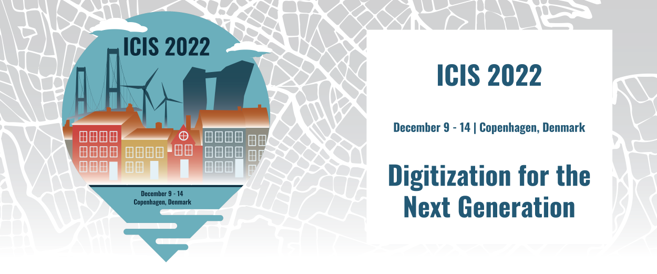Loading...
Paper Number
1493
Paper Type
Short
Description
Online food delivery (OFD) provides consumers convenient access to a wide range of food options. As calorie-dense options are frequently reported by OFD providers as top popular selections, OFD platforms may facilitate individuals’ unhealthy food intakes and derive adverse effect on people’s health. To clarify this causal link, we use a large- scale individual-year data on all hospital outpatient visits from the 12 most populous counties in New York to measure individuals’ health. Since major OFD providers enter different cities at staggered time, we leverage difference-in-differences models to evaluate the health impact of OFD platforms. We find that the entry of OFD platforms significantly increases the hospital visits due to overweight and obesity, which is directly associated with unhealthy diets, but not those visits due to hyperlipidemia, hypertension, and diabetes, which are associated less directly. More identification strategies and robustness checks are discussed in our future study.
Recommended Citation
Qiu, Lin and Li, Yao, "The Adverse Effect of Online Food Delivery on Health: Empirical Evidence" (2022). ICIS 2022 Proceedings. 2.
https://aisel.aisnet.org/icis2022/soc_impact_is/soc_impact_is/2
The Adverse Effect of Online Food Delivery on Health: Empirical Evidence
Online food delivery (OFD) provides consumers convenient access to a wide range of food options. As calorie-dense options are frequently reported by OFD providers as top popular selections, OFD platforms may facilitate individuals’ unhealthy food intakes and derive adverse effect on people’s health. To clarify this causal link, we use a large- scale individual-year data on all hospital outpatient visits from the 12 most populous counties in New York to measure individuals’ health. Since major OFD providers enter different cities at staggered time, we leverage difference-in-differences models to evaluate the health impact of OFD platforms. We find that the entry of OFD platforms significantly increases the hospital visits due to overweight and obesity, which is directly associated with unhealthy diets, but not those visits due to hyperlipidemia, hypertension, and diabetes, which are associated less directly. More identification strategies and robustness checks are discussed in our future study.
When commenting on articles, please be friendly, welcoming, respectful and abide by the AIS eLibrary Discussion Thread Code of Conduct posted here.



Comments
05-SocImpact